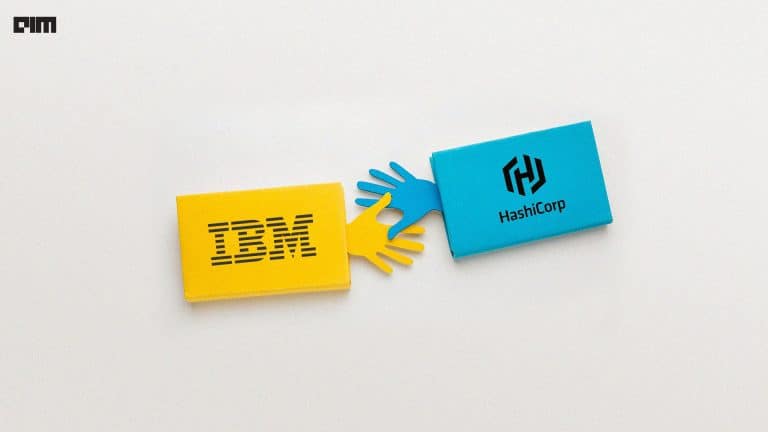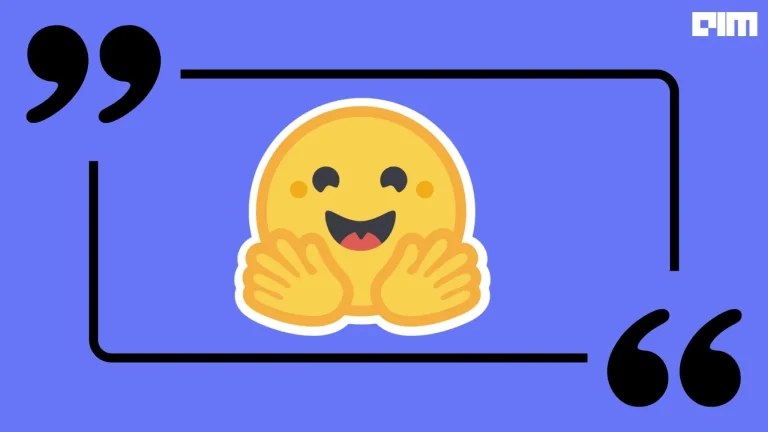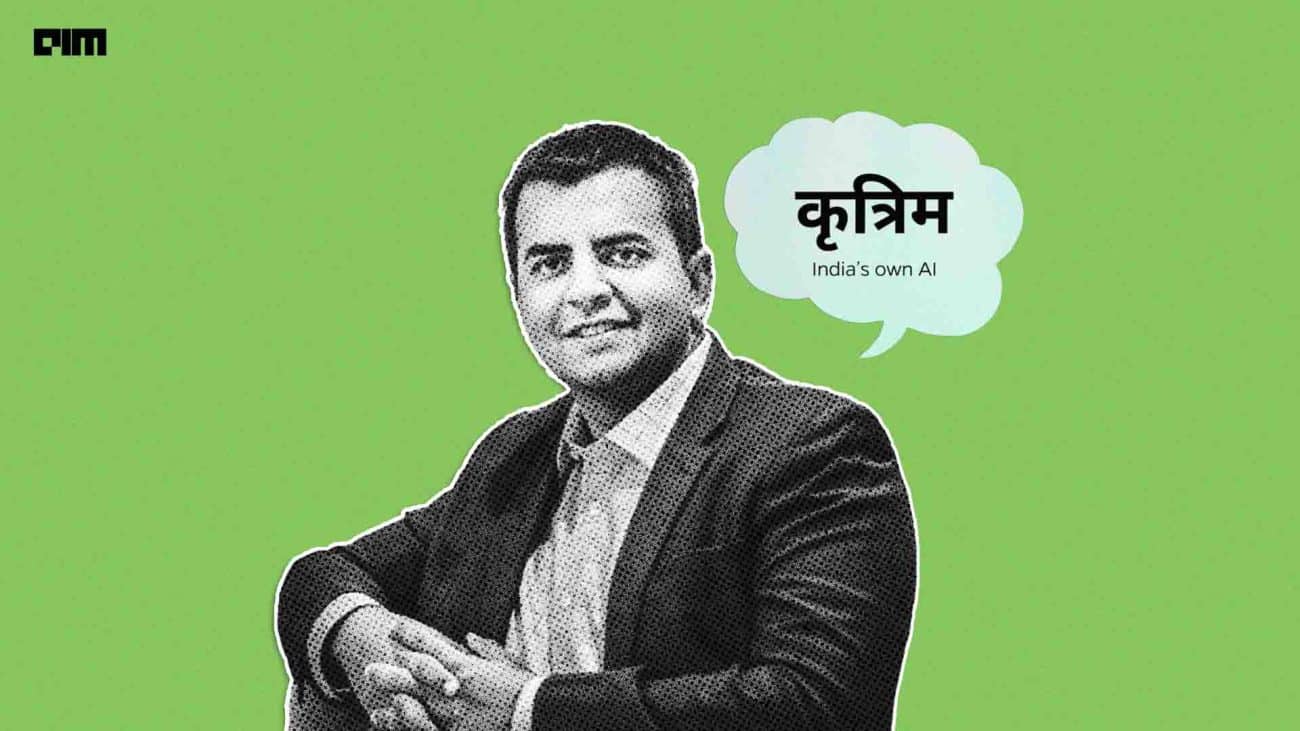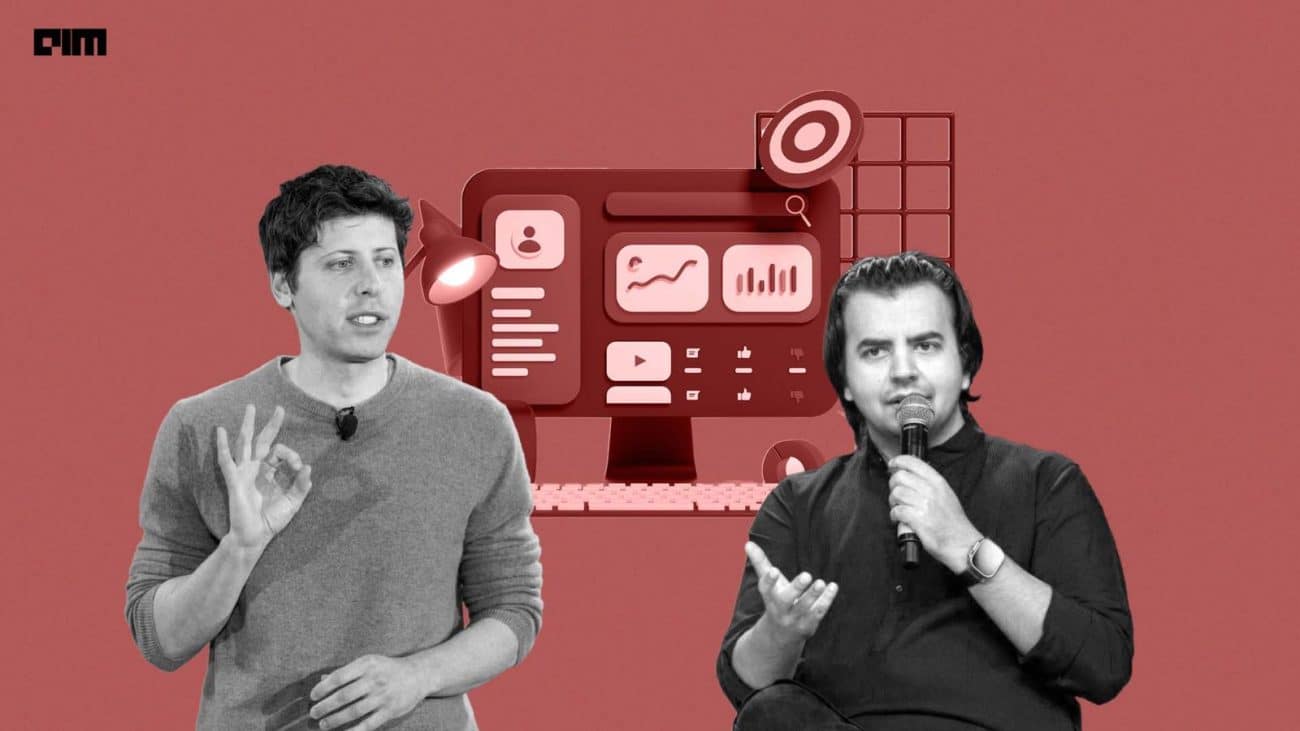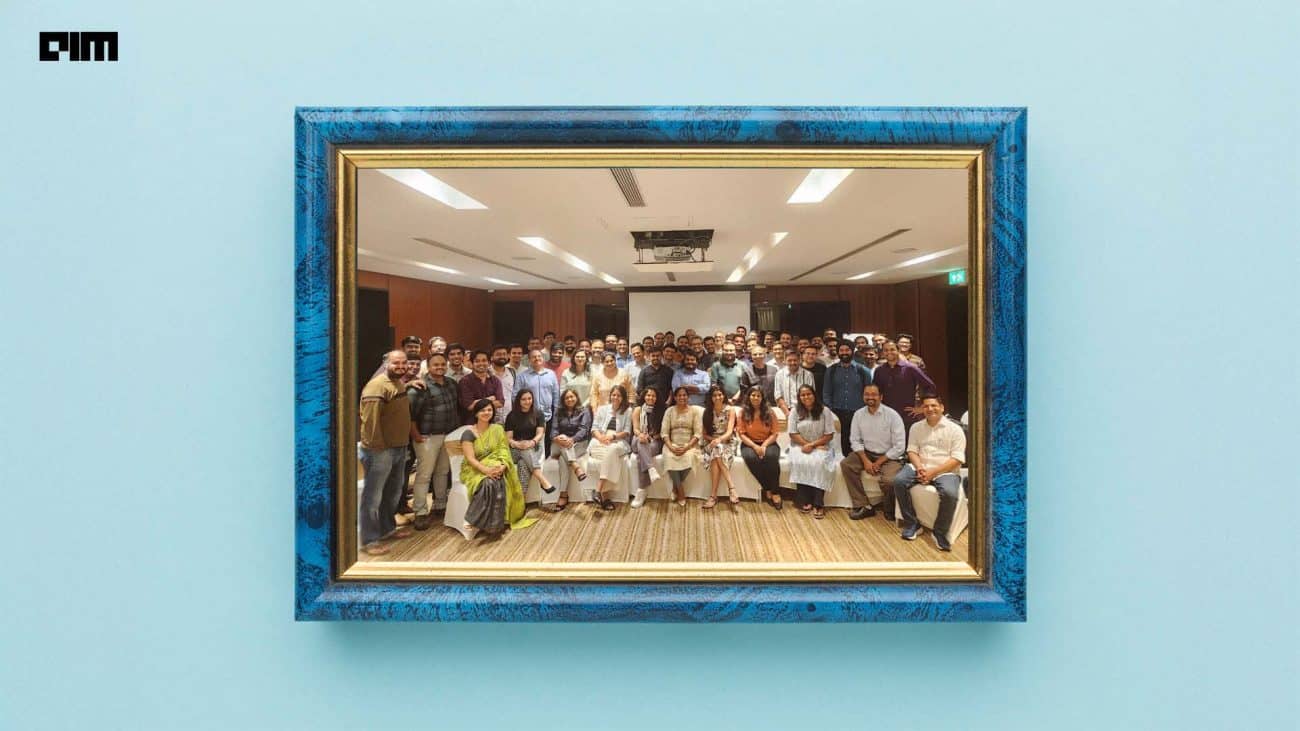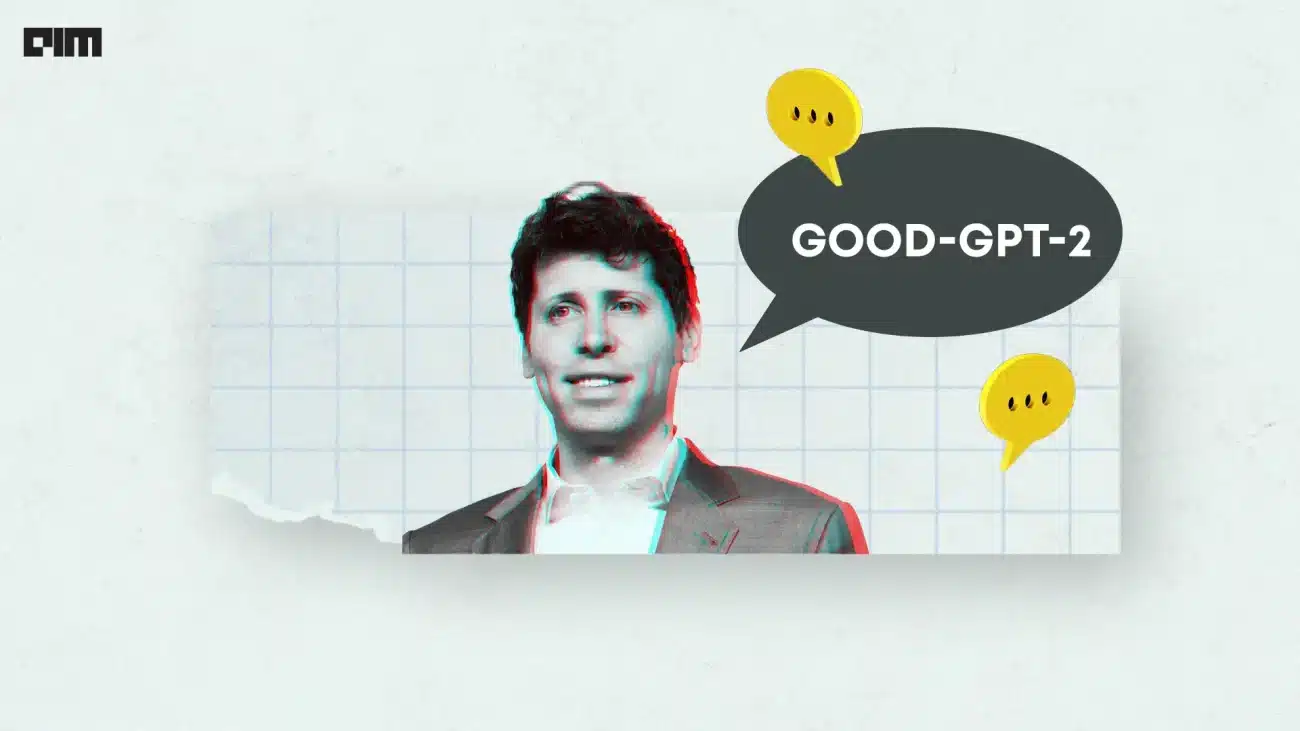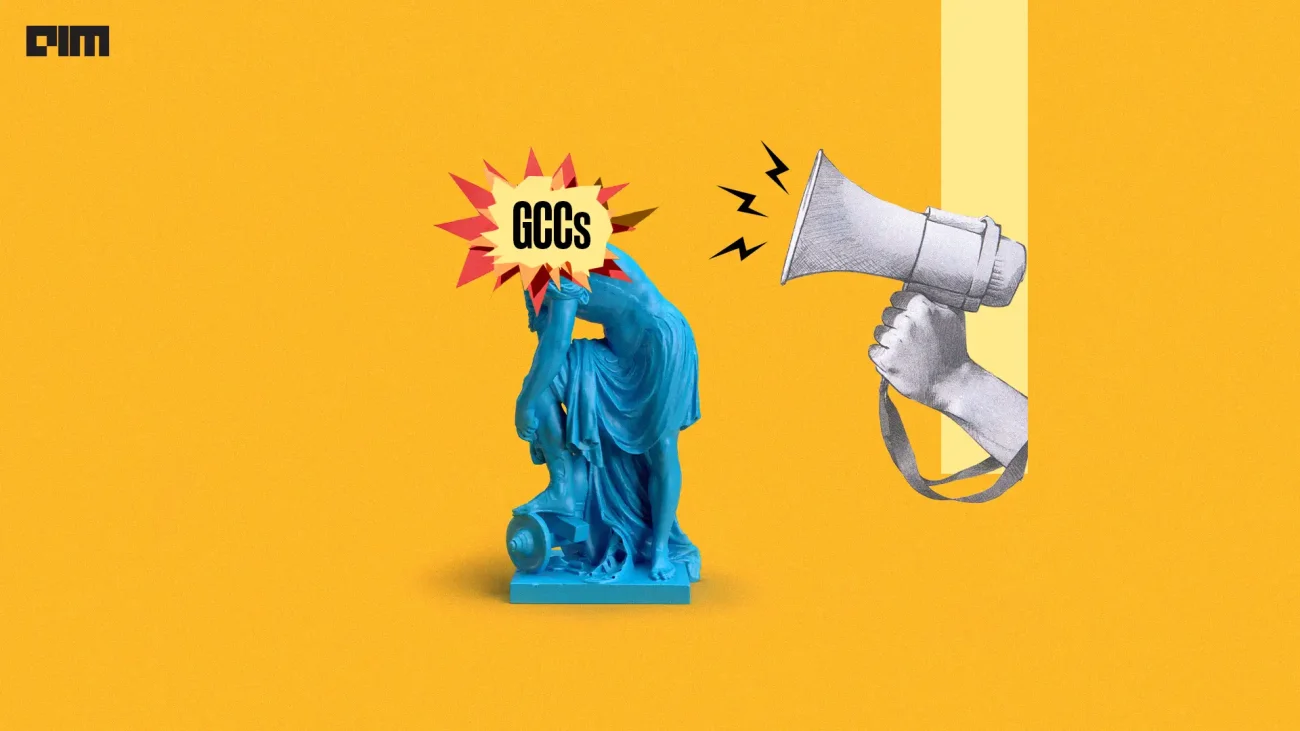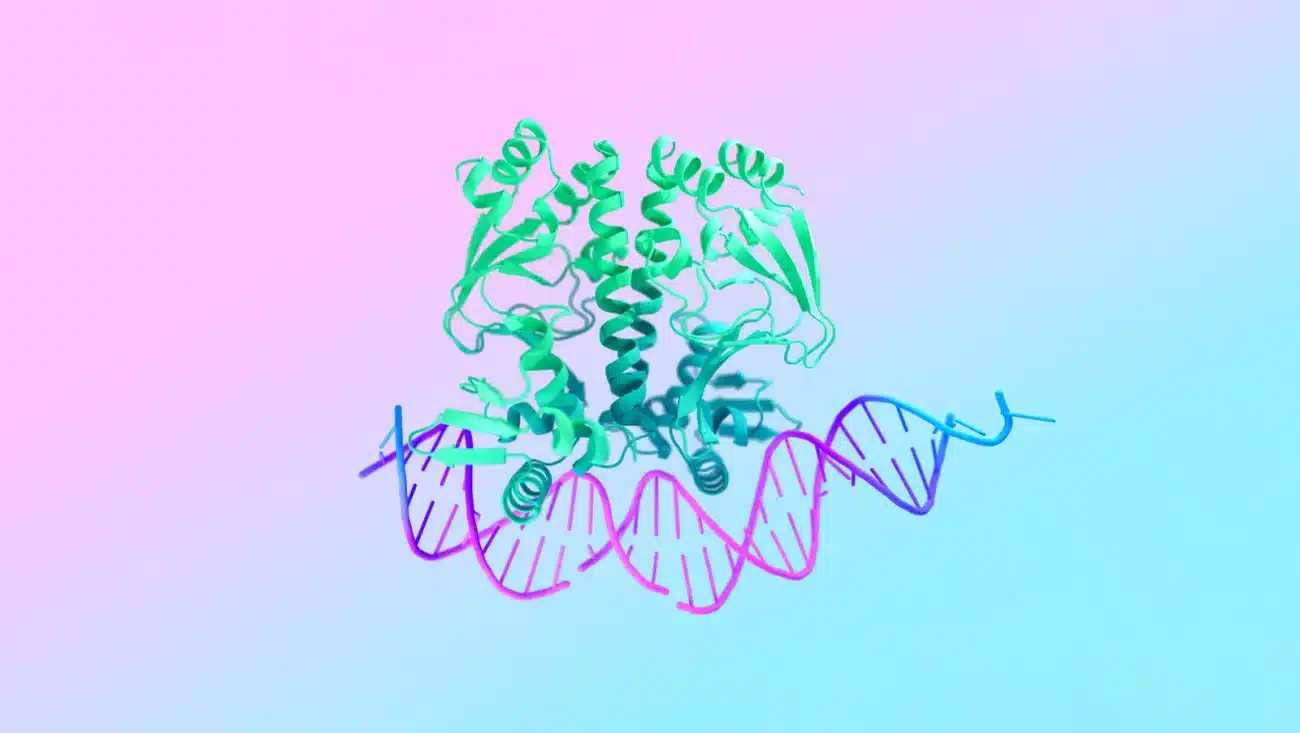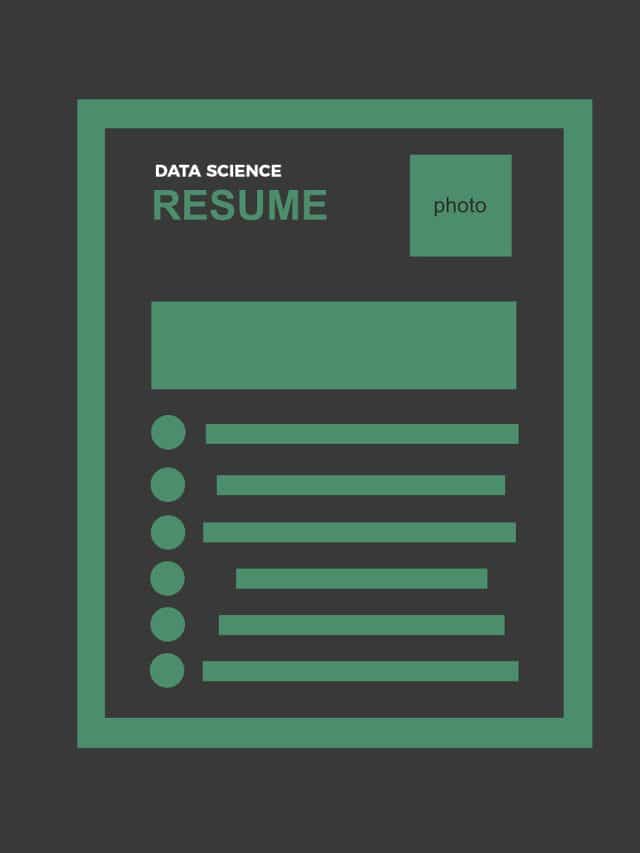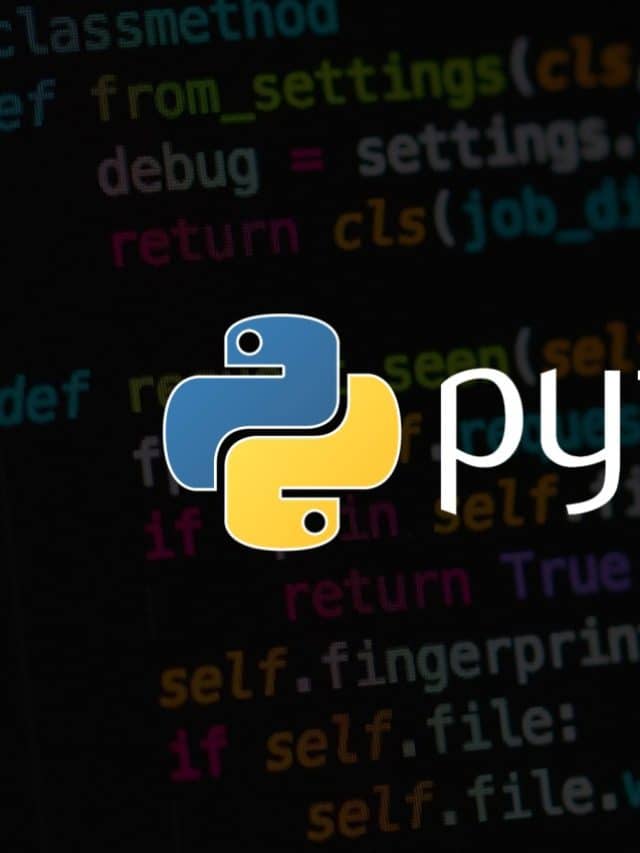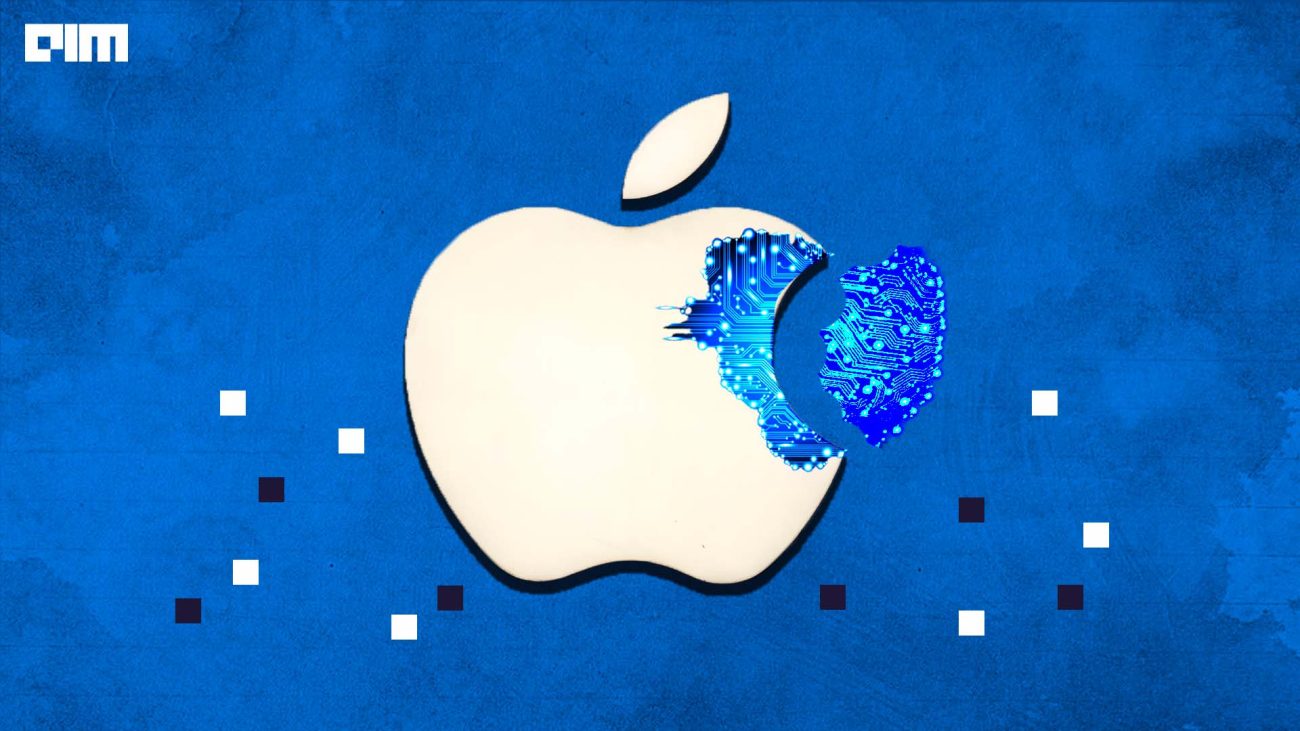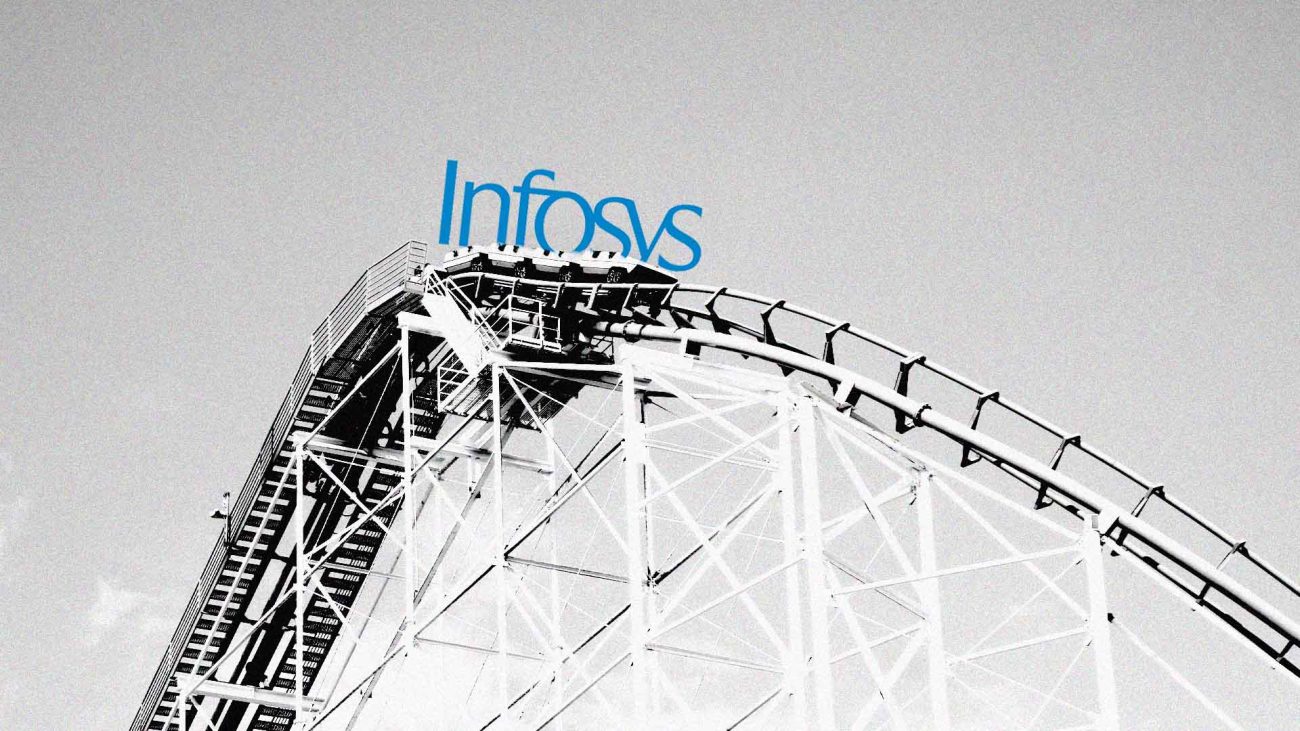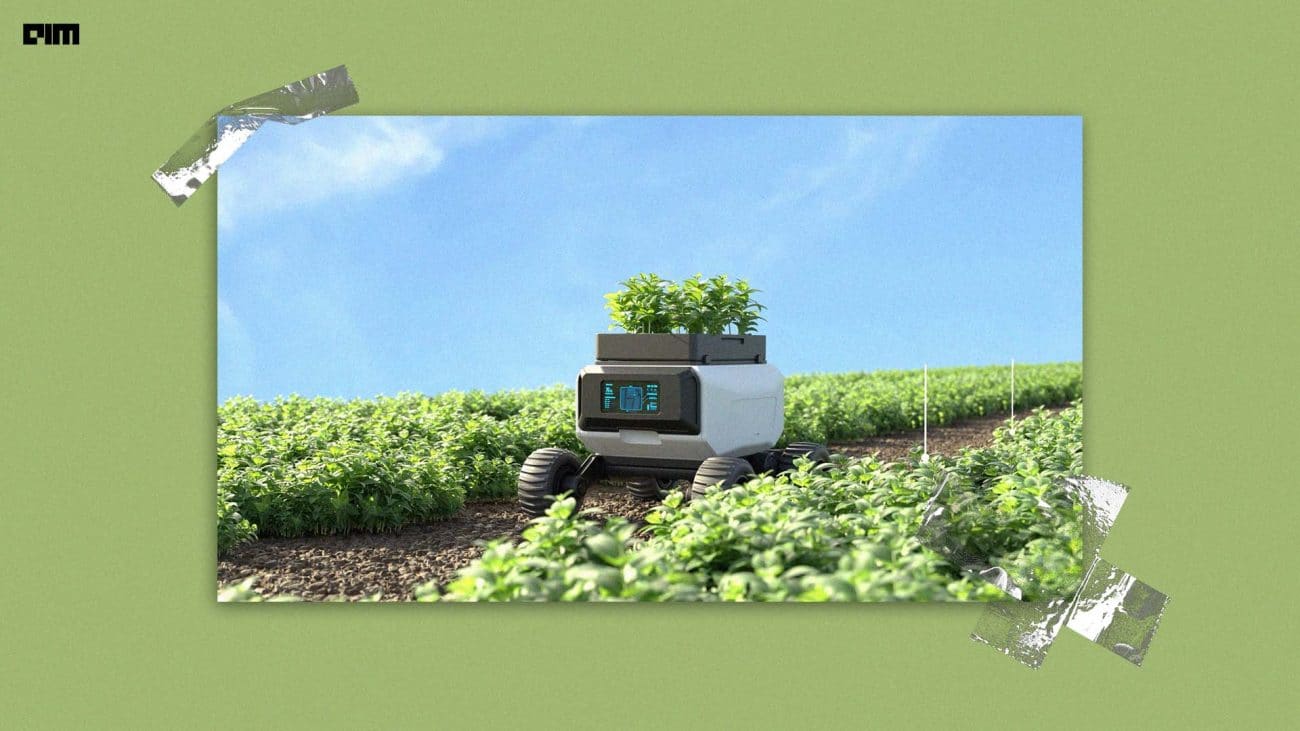|
Listen to this story
|
The National Aeronautics and Space Administration (NASA) has estimated that in 2024 alone, the organisation’s Earth Science Missions will produce about a quarter million terabytes of data. It will be capturing data from all parts of the Earth such as atmospheric composition, water and energy cycle, climate variability and others.
Yesterday, an interesting partnership between NASA, Hugging Face, and IBM was announced for climate scientists and researchers to efficiently dig through a massive amount of collected data through Earth Science Missions to build AI models for the betterment of humanity. The trio have united to launch Earth’s largest open-source foundation model. Powered by NASA’s satellite data and IBM’s watsonx.ai, the model is now available on Hugging Face’s platform making geospatial data more accessible than ever before.
Furthermore, IBM and NASA have also collaborated with Clark University to adapt the model for a range of applications from time-series segmentation to similarity research. The collaborative plans to build an open-source geospatial foundation model as the basis for a new class of climate and Earth science — GPT-like models that can track deforestation, predict crop yield and rack greenhouse gas emissions.
Hugging Face, the prominent open-source software platform, will play an important role as the host for the model. As per IBM, the team achieved a 15% progress in the model’s performance compared to the current state-of-the-art. They did so by fine-tuning the model with ‘labelled data for flood and burn scar mapping’. The feat was achieved using only half the amount of data typically required for such improvements.
In a press release, Sriram Raghavan, VP of IBM Research AI, emphasised the role of open-source technologies in expediting advancements, particularly for climate change. He highlighted the significance of synergizing IBM’s endeavours in developing adaptable and reusable AI systems through their foundation model with NASA’s extensive repository of Earth-satellite data. “Making it available on the leading open-source AI platform, Hugging Face, we can leverage the power of collaboration to implement faster and more impactful solutions that will improve our planet,” he added.
Free and open-source software (FOSS) bedrocks nearly every piece of technology from our phones, cars, planes, to AI models such as the Linux kernelOS, the Apache and Nginx web servers, which run more than 60% of the world’s websites, and Kubernetes, the powerhouse of cloud computing.
Tech-ing it Personally
“By using open source, you are not limited by pre-written code,” stated Call For Code director Ruth Davis. “You get diverse perspectives from thousands of people around the globe. You’re essentially bringing more points of view, more wisdom into your project” she added. Call For Code is another IBM initiative to tackle sustainability issues.
In 2022, a team of students from Augustana University in South Dakota, US set out to find how gardeners can be a part of the solution for food insecurity across the globe. The team built GardenMate, a marketplace app that connects those with a surplus of fresh produce with local consumers.
The year prior in 2021, for the winning Indian team behind Saafwater, the inspiration to take on the issue of clean drinking water was personal. Despite having different native villages, the members of the team shared a common thread — their lives had been changed by contaminated water, either through personal experiences or witnessing its impact on their friends and family. This realisation led them to an understanding of the necessity for communities to access reliable data and information concerning their local drinking water. These communities can make informed decisions about the purification and consumption of water, ensuring safety and well-being.
A similar selection of open source social good projects can be found on GitHub’s Social Impact Showcase. In 2022, GitHub took an initiative to lend its support to the World Health Organization (WHO) in adopting open source technologies. The collaboration traces back to the early days of the pandemic in 2020 when GitHub joined forces with WHO to strengthen its internal source software development. Building on the partnership, the duo have established the first Open Source Program Office (OSPO) within the United Nations system. This OSPO will allow global WHO staff to use, create, and eventually release open source models.
In Terms of LLMs
While the big tech companies continue to build models like the latest GPT-4 behind closed doors, the ethical and social implications of these projects remain unknown to the public. These large language models are without a doubt an ethical nightmare. But as researchers continue to create and deploy models, the open-source community seems to have taken charge to use clean and consensual data to remain away from the ethical wrongdoings (to an extent).
A recent research paper, ‘Challenges and Applications of Large Language Models’ also states that the capability gap between fine tuned closed-source and open-source models pertains. With the Falcon models, Vicuna-13b, and Meta’s LLaMA, the gap is definitely narrowed but no model has proven to be an equal competitor of OpenAI’s GPT4.
The bottom line is while technological advancements continue to make it to the headlines for reasons right and wrong. Relying on open-source and contributing to the community looks like the right way forward.








